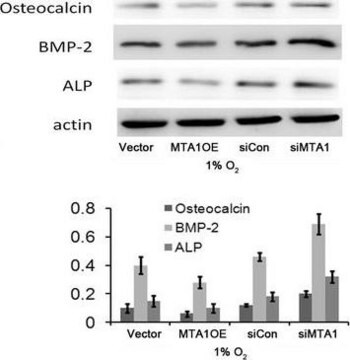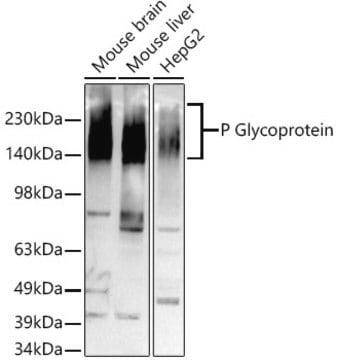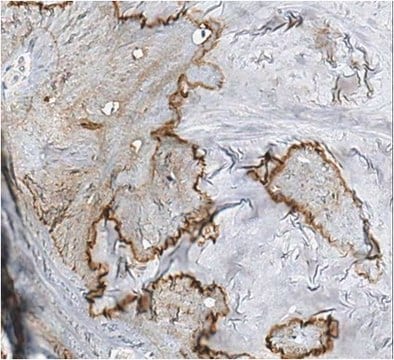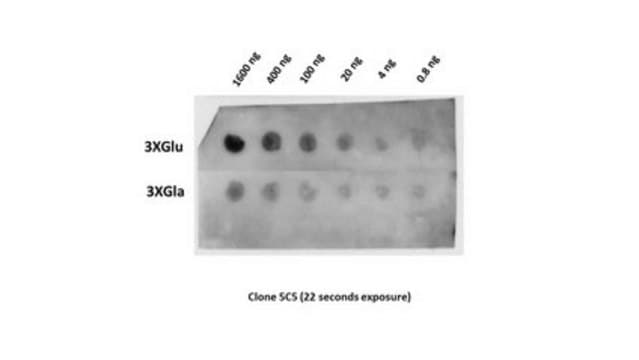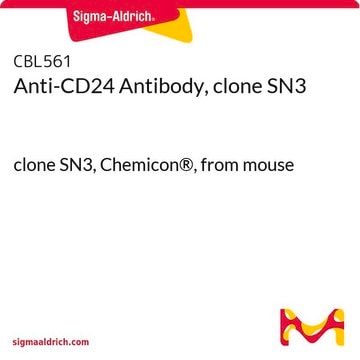ABS1489
Anti-TRAP-1 (HSP75)
from rabbit, purified by affinity chromatography
Sinónimos:
Heat shock protein 75 kDa mitochondrial, TNFR-associated protein 1, Tumor necrosis factor type 1 receptor-associated protein, TRAP-1
About This Item
Productos recomendados
biological source
rabbit
Quality Level
antibody form
affinity isolated antibody
antibody product type
primary antibodies
clone
polyclonal
purified by
affinity chromatography
species reactivity
human
species reactivity (predicted by homology)
mouse (based on 100% sequence homology), rat (based on 100% sequence homology)
technique(s)
immunohistochemistry: suitable (paraffin)
western blot: suitable
NCBI accession no.
UniProt accession no.
shipped in
ambient
target post-translational modification
unmodified
Gene Information
human ... TRAP1(10131)
General description
Specificity
Immunogen
Application
Immunohistochemistry Analysis: A 1:250 dilution from a representative lot detected TRAP-1 (HSP75) in human brain, human tonsil, and human prostate cancer tissues.
Quality
Western Blotting Analysis: 1 µg/mL of this antibody detected TRAP-1 (HSP75) in 10 µg of HepG2 cell lysate.
Target description
Other Notes
Not finding the right product?
Try our Herramienta de selección de productos.
Storage Class
12 - Non Combustible Liquids
wgk_germany
WGK 1
flash_point_f
does not flash
flash_point_c
does not flash
Certificados de análisis (COA)
Busque Certificados de análisis (COA) introduciendo el número de lote del producto. Los números de lote se encuentran en la etiqueta del producto después de las palabras «Lot» o «Batch»
¿Ya tiene este producto?
Encuentre la documentación para los productos que ha comprado recientemente en la Biblioteca de documentos.
Nuestro equipo de científicos tiene experiencia en todas las áreas de investigación: Ciencias de la vida, Ciencia de los materiales, Síntesis química, Cromatografía, Analítica y muchas otras.
Póngase en contacto con el Servicio técnico